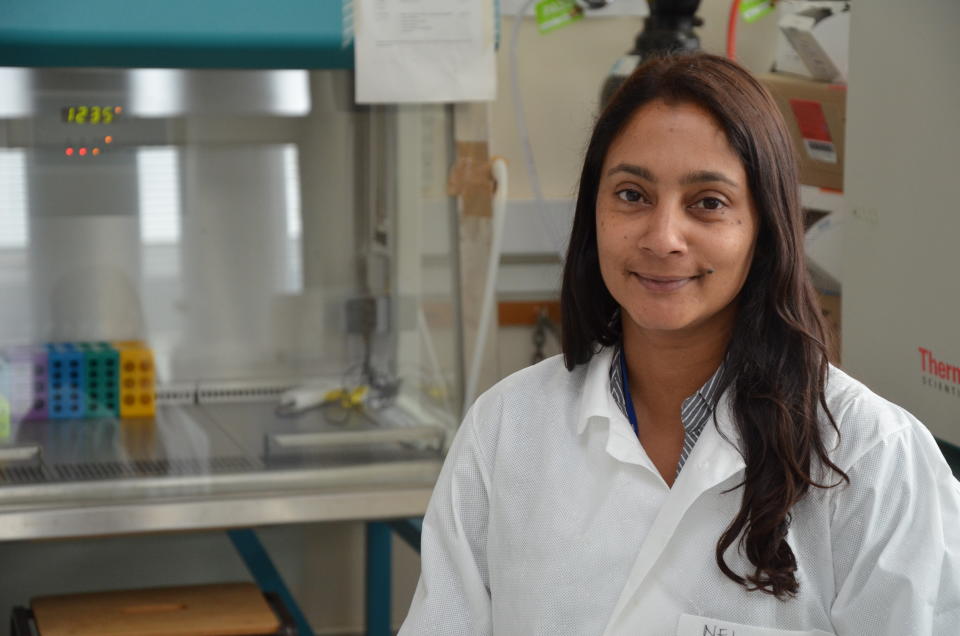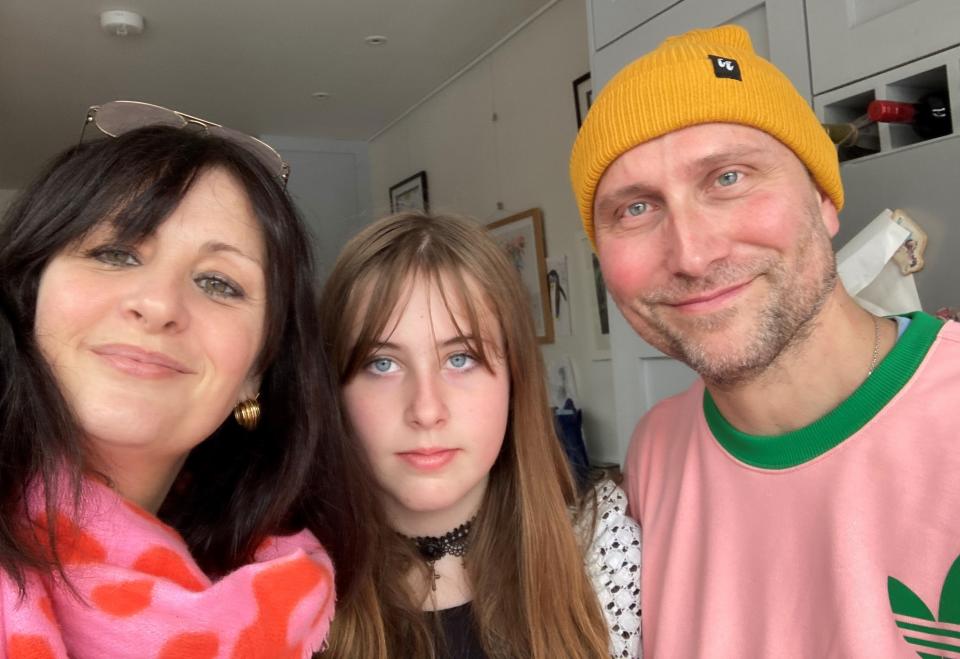Researchers in the United Kingdom are testing a world-first blood test that can diagnose certain types of brain cancer.
The simple test could reduce the need for invasive and risky surgery currently needed to diagnose some brain tumors, experts said.
They also added that this could lead to earlier diagnosis, which could speed up treatment and potentially increase survival rates for patients with one of the deadliest forms of brain cancer.
Brain tumor experts welcomed the news, saying the test was inexpensive and would be easy to implement in clinics.
Experts said liquid biopsy would be particularly useful for patients with “inaccessible” brain tumors who would benefit from starting treatment as soon as possible.
Researchers at the Center of Excellence for Brain Tumor Research, run by Imperial College London and Imperial College Healthcare NHS Trust, have carried out initial studies to assess whether the test can accurately diagnose glial tumors, including glioblastoma (GBM), the most common in adults. the type of high-grade brain tumor diagnosed; astrocytomas and oligodendrogliomas.

They found that the test had “high analytical sensitivity, specificity, and precision,” according to a study published in the International Journal of Cancer.
Scientists now hope to carry out larger studies in the UK to confirm the results, and if successful, experts predict patients could benefit from the new test in as little as two years.
The TriNetra-Glio blood test, developed by Datar Cancer Genetics, works by isolating glial cells that have survived the tumor and are found circulating in the blood. The isolated cells are then stained and can be identified under a microscope.
Dr D., who leads the Center of Excellence for Brain Tumor Research at Imperial. Nelofer Syed said: “A non-invasive, inexpensive method for early detection of brain tumors is critical to improving patient care.
“There is still a long way to go, but this solution could help people in situations where a brain biopsy or surgical removal of the tumor is not possible due to the location of the tumor or other limitations.
“Thanks to this technology, the diagnosis of inaccessible tumors can be made possible with a risk-free and patient-friendly blood test.
“We believe this will be a world first as there are currently no non-invasive or non-radiological tests for these types of tumors.”
Kevin O’Neill, consultant neurosurgeon at Imperial College Healthcare and honorary clinical senior lecturer at Imperial College London, who runs the Center of Excellence for Brain Tumor Research with Dr Syed, said: “This test is not just an indicator of the disease, it is the same It is also a test that is truly diagnostic liquid biopsy.
“It detects intact tumor cells circulating in the blood, which can be analyzed down to the same cellular detail as a real tissue sample.
“This is a real breakthrough in the treatment of brain cancers that rarely spread throughout the body.
“This could help speed diagnosis and allow surgeons to administer specific treatments based on biopsy to increase patients’ chances of survival. I am very grateful to everyone who contributed to this study, especially the patients who participated.”


The Brain Tumor Research said the findings were “significant”, noting that less than 1 per cent of patients with GBM live more than 10 years, and in many the prognosis is as short as 12 months.
Dan Knowles, chief executive of the charity, said: “This groundbreaking research could lead to earlier diagnosis and better outcomes for brain tumor patients.
“The research carried out at UK universities is world class and something we should all be proud of, but we need so much more.
“There is an urgent need for new approaches in the treatment of GBM, especially since it is fatal in most cases.
“Brain tumors kill more people under 40 in the UK than any other cancer, and we need to find a cure for this devastating disease.
“It is scandalous to think that there has been no progress in treatment options for these types of tumors for two decades and that the standard of care for GBM patients (surgical resection followed by radiotherapy and chemotherapy) has not changed.
“That’s why we’re campaigning for more investment from the Government and larger charities, and we’ll keep up the pressure until patients and their families get the help they desperately need.”
A family whose life was turned upside down by the diagnosis of glioblastoma said that the delay in diagnosis caused them to lose “precious time”.
Steve Ackroyd, a TV editor from Palmers Green in north London, was initially misdiagnosed and treated for epilepsy.
Three months later, in August 2022, he was diagnosed with a glioblastoma brain tumor.
The 47-year-old man, who has a 12-year-old daughter, first had a biopsy, then radiotherapy and chemotherapy, and is currently receiving immunotherapy treatment in Germany.
His wife Francesca Ackroyd, who set up a crowdfunding page to fund his treatment abroad, said: “In Steve’s case, a surgical biopsy was carried out to determine the type of tumor and we also learned that its widespread nature meant it was inoperable.
“We waited seven weeks for results but later learned the tissue was considered a ‘poor sample’.
“Unfortunately, all the delays cost us valuable time he could have had in treatment.”